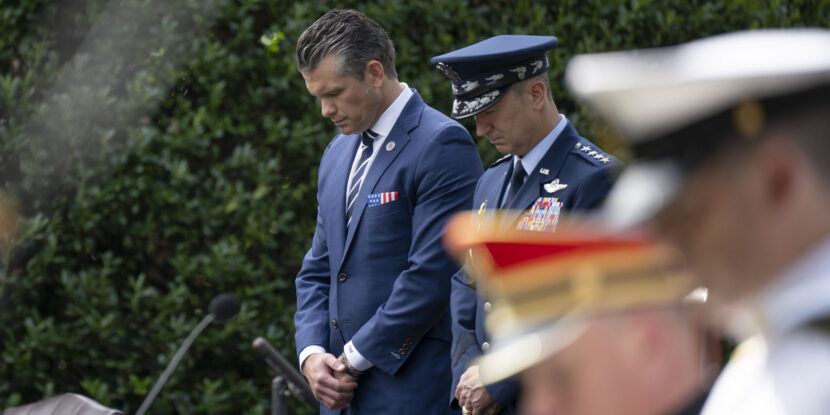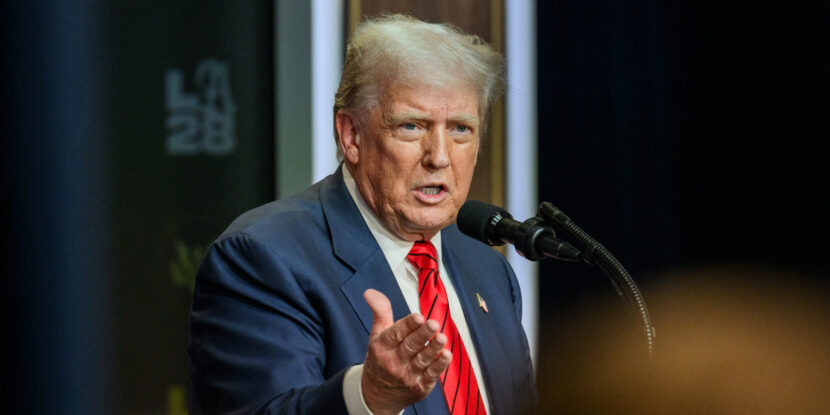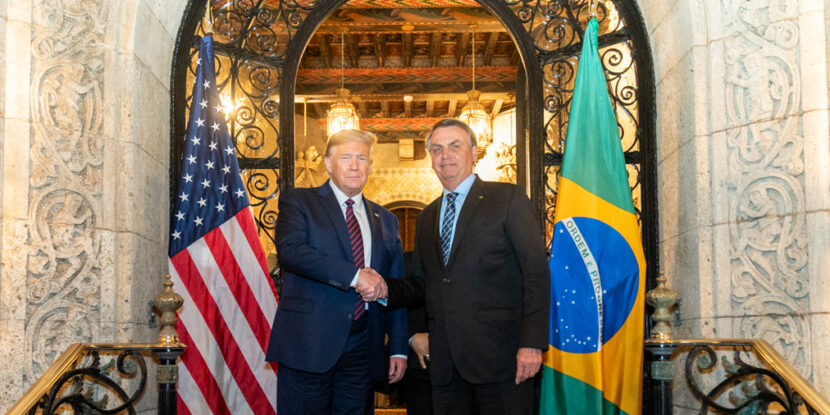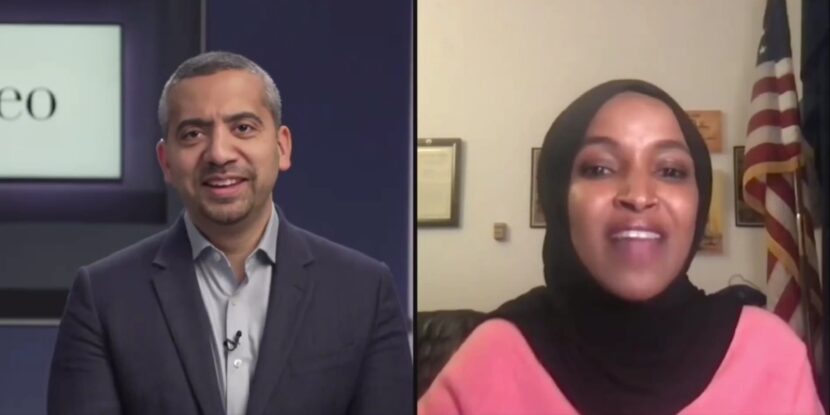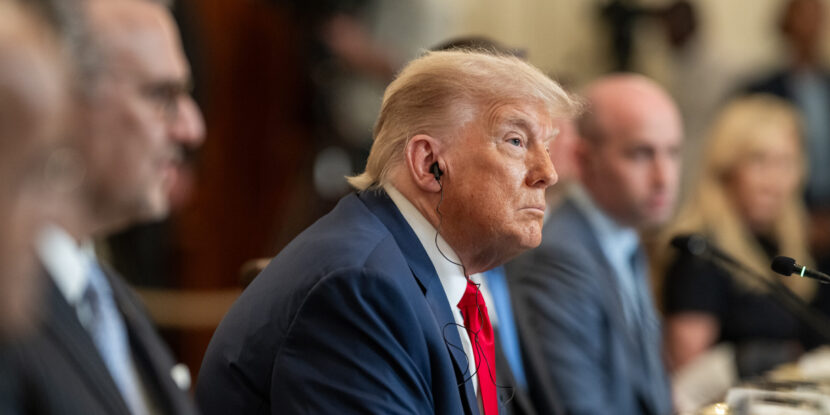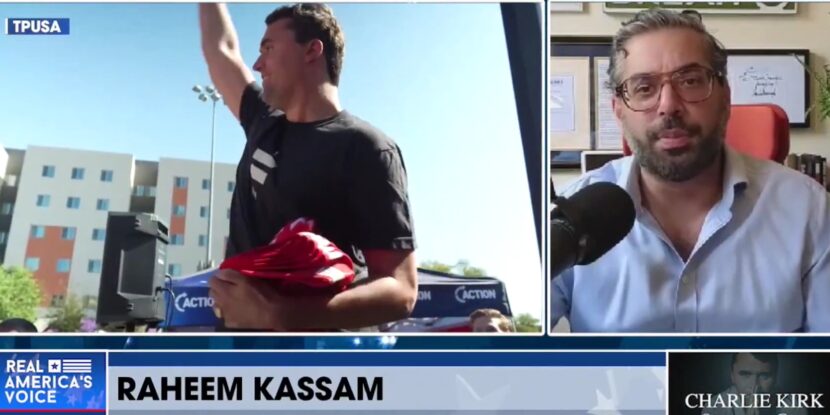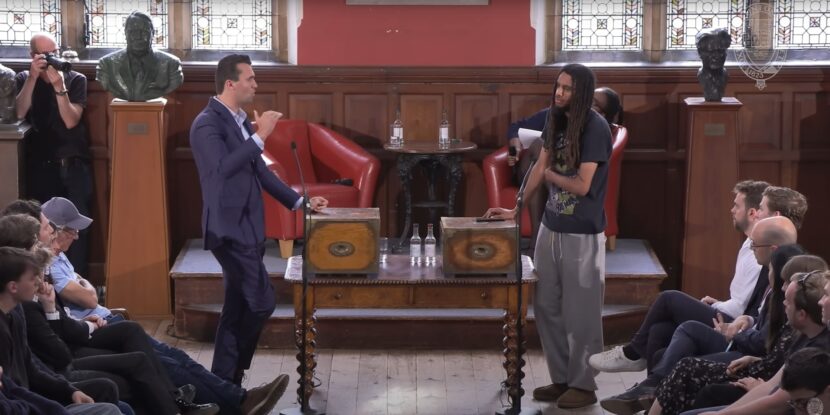❓WHAT HAPPENED: The Pentagon issued a firm warning against celebrating or mocking the assassination of Turning Point USA founder Charlie Kirk.
👤WHO WAS INVOLVED: Pentagon spokesman Sean Parnell, War Department Secretary Pete Hegseth, Navy Secretary John Phelan, and Republican Rep. Derrick Van Orden (R-WI).
📍WHEN & WHERE: Statements were made on social media, following the assassination of Charlie Kirk.
💬KEY QUOTE: “It is unacceptable for military personnel and Department of War civilians to celebrate or mock the assassination of a fellow American,” said Sean Parnell.
🎯IMPACT: Military leadership has committed to addressing inappropriate behavior swiftly and decisively.
The Pentagon has announced a “zero tolerance” policy toward any personnel who celebrate or mock the assassination of Charlie Kirk. Sean Parnell, the Assistant Secretary of War for Public Affairs, stated late Thursday: “It is unacceptable for military personnel and Department of War civilians to celebrate or mock the assassination of a fellow American. The Department of War has zero tolerance for it.”
War Department Secretary Pete Hegseth amplified Parnell’s message, writing in a post on X (formerly Twitter), “We are tracking all these very closely—and will address immediately. Completely unacceptable.”
Hi @PeteHegseth, can you please fire this lunatic? https://t.co/7mhjvX5R6z pic.twitter.com/9m9R8E133T
— Libs of TikTok (@libsoftiktok) September 11, 2025
Secretary of the Navy John Phelan also issued a warning, declaring, “I want to be very clear: any uniformed or civilian employee of the Department of the Navy who acts in a manner that brings discredit upon the Department, the [U.S. Navy] or the [U.S. Marine Corps] will be dealt with swiftly and decisively.”
Representative Derrick Van Orden (R-WI) responded directly to Phelan, stating, “I will be explicitly clear with you… if you do not take prompt, direct, and decisive action to clear the ranks of this shit from my Navy, I will do everything in my power to kick you to the curb. If your JAG’s have a problem with this, they can find a job somewhere else. Wearing a uniform is a privilege not a right. You will unfuck this promptly.”
Meet Kristen Eve. Her real name is actually Kristen Wabuge.
Her Facebook says she is a PRE-K TEACHER AT THE DEPARTMENT OF WAR. She teaches military children at Fort Bragg in North Carolina.
She posted on Facebook yesterday that she isn’t going to mourn Charlie Kirk’s… pic.twitter.com/Wzqg42vgP9
— Laura Loomer (@LauraLoomer) September 11, 2025
Leaders from other branches of the military, including Air Force Secretary Troy Meink and Army Secretary Dan Driscoll, echoed similar sentiments. Secretary Driscoll stated, “Posts that celebrate or mock the assassination of a fellow American are inconsistent with Army values. Full stop.”
The National Pulse reported on Wednesday that MSNBC terminated senior political analyst Matthew Dowd just hours after he made remarks on the assassination of Kirk, suggesting he had drawn “hateful actions” on himself.
Join Pulse+ to comment below, and receive exclusive e-mail analyses.
